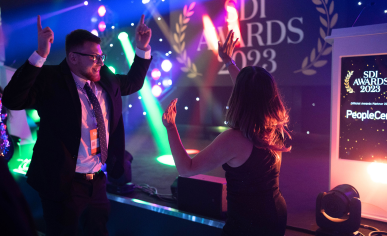Next Service Desk Manager course 21-24th July, virtual from anywhere See course details 
-
-
-
Login To Your Account
Don’t Have An Account With Us?
Sign Up Here -
0
-








 Clear Filter
Clear Filter





